Join Us Live for a Discussion on Medicare, Democracy, and the Future of Health Care
Proposed Rules are a Mixed Bag but Take Important Steps to Bolster Primary Care

Over the past week, Medicare Rights has submitted comments in response to two proposed rules from the Centers for Medicare & Medicaid Services (CMS): the Outpatient Prospective Payment System (OPPS) and the Physician Fee Schedule (PFS). These rules come out annually and are very technical documents dealing with how physicians, hospitals, and other providers get paid. But payment policies often drive incentives and beneficiary access to affordable care.
The OPPS
With the OPPS, CMS establishes payment rates for hospital outpatient departments and ambulatory surgical centers. Two items in the proposed rule could have lasting implications for beneficiaries.
Need for Nursing Facility Care Complicates Elimination of Inpatient Only (IPO) List
The decision to treat a patient as an inpatient versus an outpatient can be very complex. One aspect of that decision is whether insurance requires some procedures to be provided in one setting over another. Currently, the Medicare IPO list requires a set of over a thousand procedures to be provided only to inpatients. Over time, the procedures on the list have changed slightly, but in the proposed rule, CMS lays out plans to eliminate the IPO entirely.
Historically, the IPO has been contentious, with some arguing that it is outdated and keeps providers from using their medical judgment, while others point to safety concerns, provider burden, and confusion when procedures are removed from the list.
We urged caution and a case-by-case removal of procedures.
While Medicare Rights is generally supportive of allowing trained medical professionals to use their judgment, we opposed a wholesale elimination of the IPO list in our comments. Instead, we urged caution and a case-by-case removal of procedures. We also flagged the risk of people losing access to necessary post-surgical care because coverage for Skilled Nursing Facility care and some home health care is dependent on a prior three-day inpatient stay.
A Move Toward Greater Site Neutrality
What a person pays for care often varies wildly, depending on their location, and sometimes this difference is not apparent to patients. That can lead to unexpectedly high medical bills and Medicare overspending. Site-neutral payment would end this practice.
CMS proposes to create a more level playing field between hospital outpatient departments and freestanding physician offices.
In the OPPS, CMS proposes to create a more level playing field between hospital outpatient departments and freestanding physician offices by lowering payments for drug administration services at some outpatient departments that are not part of a hospital campus. We support this important step toward greater site neutrality.
The PFS
The PFS is an annual update to the amount Medicare pays physicians and other practitioners for services for people with Original Medicare. This rule often contains important policy changes, and this year is no exception. CMS proposes to do more to bolster primary and behavioral health care through payment adjustments and also seeks information on how to better support prevention and management, including self-management, of chronic disease. We urged the administration to acknowledge and support access to programs like Medicaid and the Supplemental Nutrition Assistance Program (SNAP), and entities like the Administration for Community Living (ACL). These programs and agencies are under fire, facing drastic cuts that will harm people’s ability to get care and food.
We urged the administration to acknowledge and support access to programs…facing drastic cuts that will harm people’s ability to get care and food.
Payment Changes May Boost Primary Care and Behavioral Health
Similar to the site neutrality component of the OPPS discussed above, the PFS can also result in Medicare overpaying for services delivered in facility settings, incentivizing consolidation. CMS proposes to trim overhead payments in facility settings like outpatient departments to stop this shift toward a more expensive setting.
CMS also proposes to trim certain types of codes that may be overpaid due to distortions from outdated data. We supported both of these payment changes.
A Mixed Bag
In our comments, we applauded CMS’s efforts to clarify and implement medically necessary dental coverage over the past several years. Unfortunately, this year’s rule does not extend medically necessary dental services to include important conditions like diabetes, sickle cell anemia, or autoimmune disorders.
The rule also engages in unnecessary wordplay by continuing to chip away at important language around equity and social determinants of health, while often attempting to capture the same concepts with other, less understood terms like “upstream drivers.”
Going Forward
At Medicare Rights, we will continue to support good payment policies and administrative changes that will help older adults and people with disabilities get the care and supports they need. We will also speak up about threats, including areas where the Trump administration has harmed programs or impeded progress toward greater equity in our health system.
Read the OPPS and PFS proposed rules.
Show Comments
We welcome thoughtful, respectful discussion on our website. To maintain a safe and constructive environment, comments that include profanity or violent, threatening language will be hidden. We may ban commentors who repeatedly cross these guidelines.
Help Us Protect & Strengthen Medicare
Donate today and make a lasting impact
More than 67 million people rely on Medicare—but many still face barriers to the care they need. With your support, we provide free, unbiased help to people navigating Medicare and work across the country with federal and state advocates to protect Medicare’s future and address the needs of those it serves.
The Latest
Most Read
Add Medicare to Your Inbox
Sign up to receive Medicare news, policy developments, and other useful updates from the Medicare Rights.
View this profile on InstagramMedicare Rights Center (@medicarerights) • Instagram photos and videos

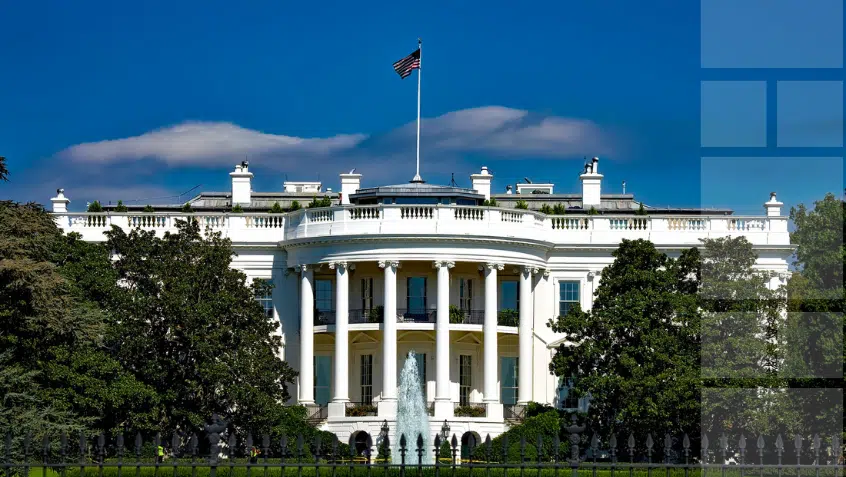
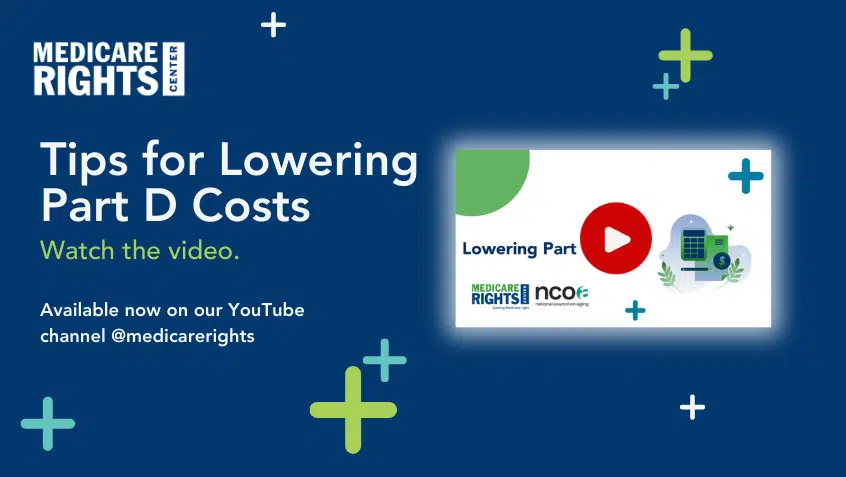
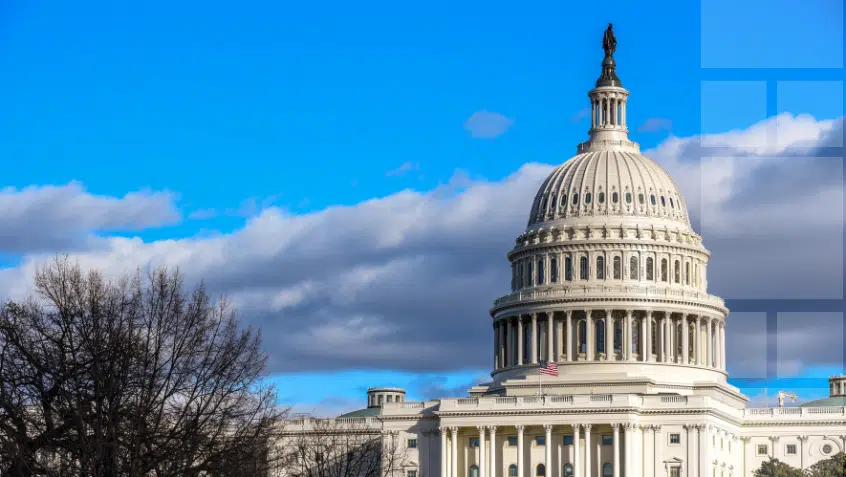
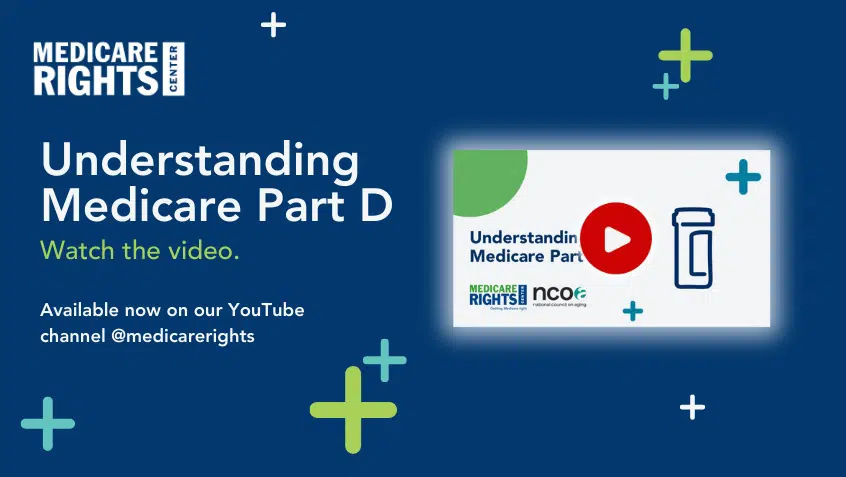
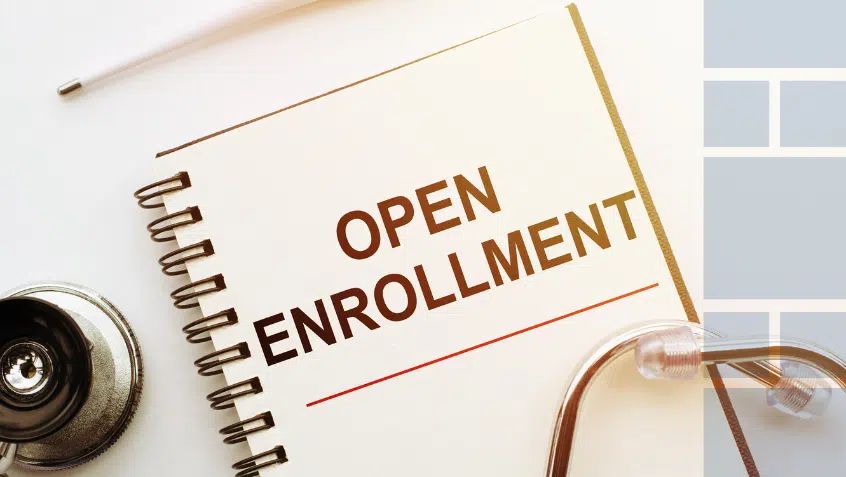




One Comment on “Proposed Rules are a Mixed Bag but Take Important Steps to Bolster Primary Care ”
Bravotourofficial.com
September 19, 2025 at 3:06 pmYes i go for site neutral payments , thats a very important initiative. Keep up with the good work